Introduction: Beauty, Culture… and Caution?
France is often praised for its beauty, culture, and global influence. Millions dream of visiting Paris, strolling through vineyards in Bordeaux, or soaking up the sun on the Côte d’Azur. But if you’re Black, especially from Africa, the U.S., or the Caribbean, there’s one question that often comes up:
“Will I be safe and welcomed in France?”
Let’s take a real, experience-based dive into what it’s like traveling while Black in France—from safety and subtle racism to welcoming cities and where to be cautious.
1. Overall Safety: France is Generally Safe for Tourists
Let’s be clear—France is not a dangerous country for Black travelers. Violent crime against tourists is rare, regardless of race. Cities like Paris, Lyon, Nice, and Bordeaux have high police presence, especially in tourist areas. That said, like any major destination, petty theft (pickpocketing) is a concern, but it’s not race-specific.
👮 Quick Tip: Use anti-theft bags, avoid late-night metro rides alone, and keep your belongings close—basic safety advice for any traveler.
2. So… Is There Racism? Yes, But It’s Complex
France prides itself on being a colorblind republic—citizenship is French first, race second. But in practice, racism exists, and many Black locals and travelers have experienced:
- Microaggressions (e.g., touching hair, asking “Where are you really from?”)
- Over-policing (especially for Black men in metro stations)
- Stereotyping, especially of African immigrants or people speaking with a strong foreign accent
- Social exclusion, particularly in high-end shops, clubs, or rural towns
👉 Real Experiences:
- Some Black travelers report being followed in stores, especially in luxury areas.
- Others say they face rudeness or coldness, which can feel racial, though it sometimes overlaps with France’s general “cool” public demeanor.
- Still, many say they felt safe and welcomed, especially in diverse cities.
📍 Important Note: Many negative experiences are more class- or immigrant-related than tourist-related. A Black American tourist often gets treated differently than, say, a Black immigrant from West Africa.
3. Paris: Diverse but Not Without Issues
Paris is a multicultural city, and areas like the 18th, 10th, and 11th arrondissements are known for being culturally rich and ethnically diverse. Afro-French culture thrives here—with African restaurants, salons, churches, and stores.
Still, racism can be more visible in wealthier or “Old Money” neighborhoods, especially when entering boutiques or elite spaces.
👩🏾🦱 Traveler’s Note: “I got more stares in Saint-Germain than in any part of Harlem,” said one Black American female solo traveler. “But no one bothered me or harassed me. It just felt… noticeable.”
4. Cities Where Black Travelers Feel More Comfortable
Here’s where many Black tourists and expats report feeling more comfortable, visible, and safe:
- Marseille: Extremely diverse, strong African and Arab presence. Welcoming vibe.
- Paris (Certain neighborhoods): Especially in the north and east.
- Toulouse: Very student-friendly and multicultural.
- Montpellier: Youthful and tolerant.
- Lyon: Big city feel with less intensity than Paris.
📸 Bonus Tip: If you’re Black and love photography or fashion, you’ll find tons of Instagrammable spots—just be prepared for a few curious looks, especially outside cities.
5. What About the French Countryside or Small Towns?
This is where experiences vary the most.
- In rural France, Black travelers may feel out of place simply due to being rare.
- Some experience staring, not always with hostility—sometimes it’s just curiosity.
- In smaller towns, locals might speak little English, and biases can be stronger if they’ve had little interaction with foreigners.
🚗 Travel Advice: If venturing outside cities, stick to well-traveled tourist routes, research accommodations, and don’t expect the same level of multicultural exposure.
6. Afro-French Culture & Supportive Communities
You won’t be alone. France has a large Black population, especially from:
- Senegal, Mali, Ivory Coast, Cameroon (former French colonies)
- Guadeloupe, Martinique, Réunion (French overseas territories)
- Haiti and other Francophone Caribbean islands
There are also Afro-French influencers, artists, and entrepreneurs reshaping the cultural scene. Black hair salons, Afro-Caribbean stores, music festivals, and Black-owned businesses are growing.
🎶 Cultural Vibe: From Afrobeats nights in Paris to soul food in Marseille—Black culture is alive and thriving in France.
7. Black Women Travelers: Safe, but Not Invisible
For Black women, experiences are mostly safe—but include:
- Occasional fetishization, especially from men curious about your background.
- Unwanted attention in nightlife settings, though not always aggressive.
- Some rudeness in luxury spaces or restaurants if you’re dressed casually.
That said, many Black female travelers say they felt empowered, respected, and seen, especially when they walked with confidence.
💄 Tip for Women: Dress sharply (which is common in France), hold your head high, and set boundaries quickly if anyone is overly curious.
8. Conclusion: Safe? Yes. Perfect? No. Worth Visiting? Absolutely.
France is safe for Black travelers, especially if you stick to major cities and tourist-friendly areas. While racism exists, it rarely takes the form of violent hate crimes and is more often rooted in historical or social bias. Many travelers of African descent have unforgettable, positive experiences.
✅ Come prepared, not paranoid.
✅ Travel smart, not scared.
✅ Enjoy France, but know the cultural layers.
Final Travel Tips for Black Visitors to France
- ✅ Research Black-owned businesses and support them
- ✅ Learn basic French phrases—locals appreciate the effort
- ✅ Be confident, but stay aware
- ✅ Connect with other Black travelers online or in local communities
- ✅ Know that YOU belong here too—France is a country of many cultures
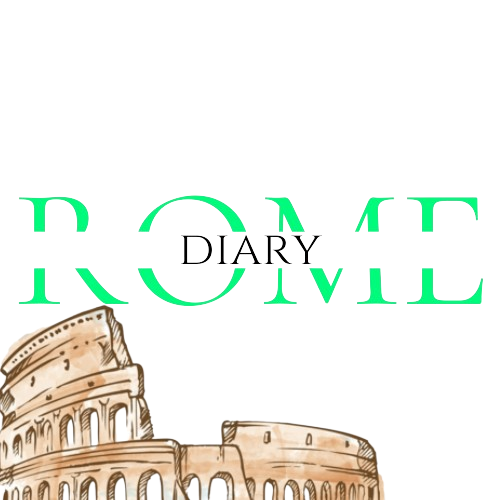
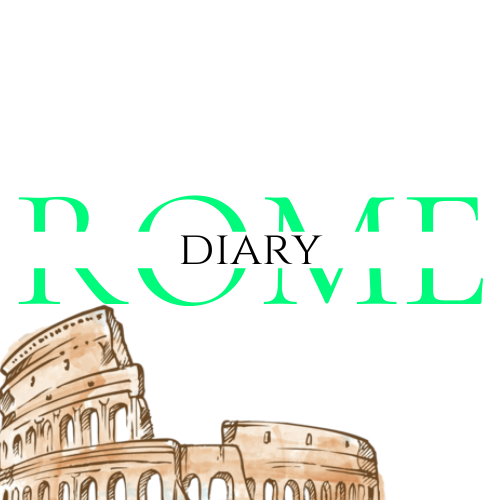
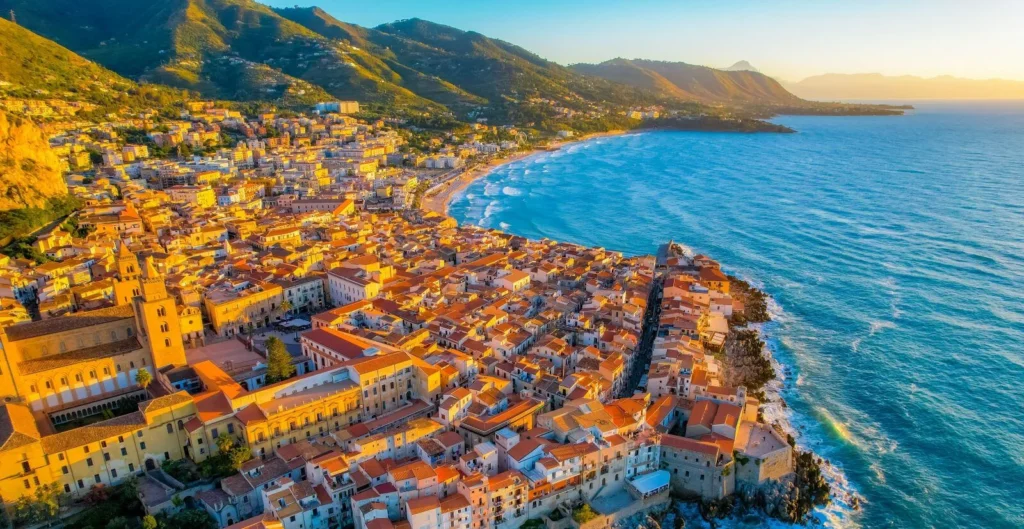
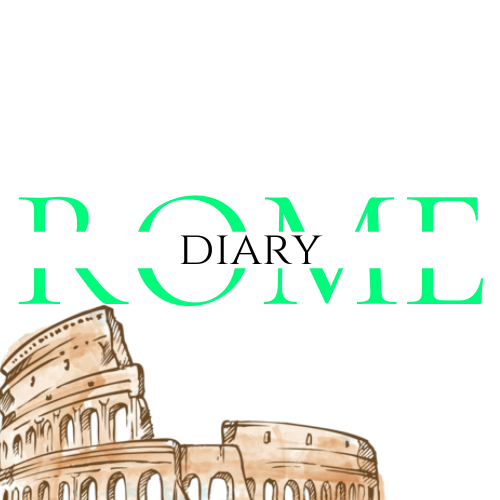
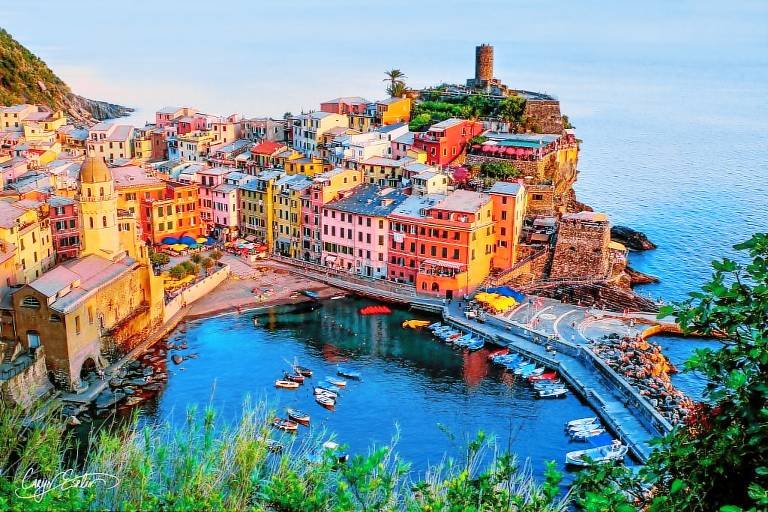
Leave a Reply